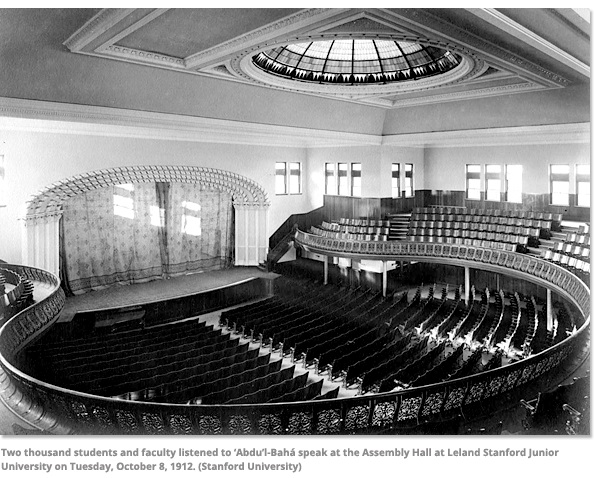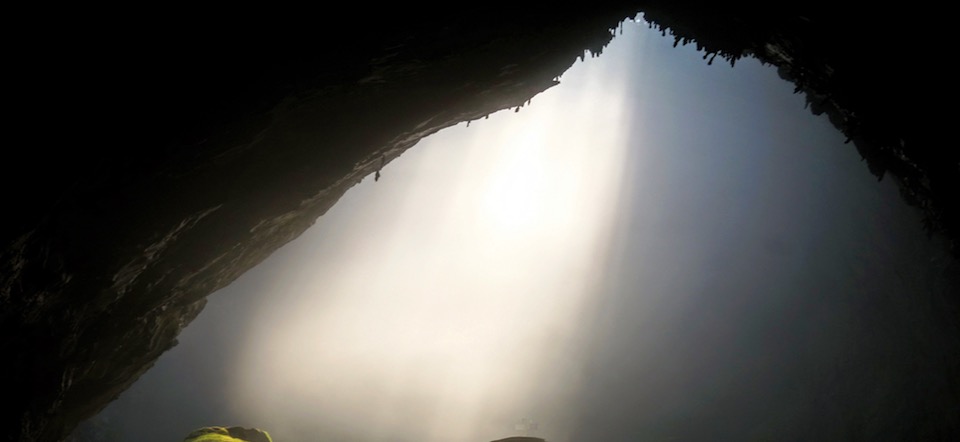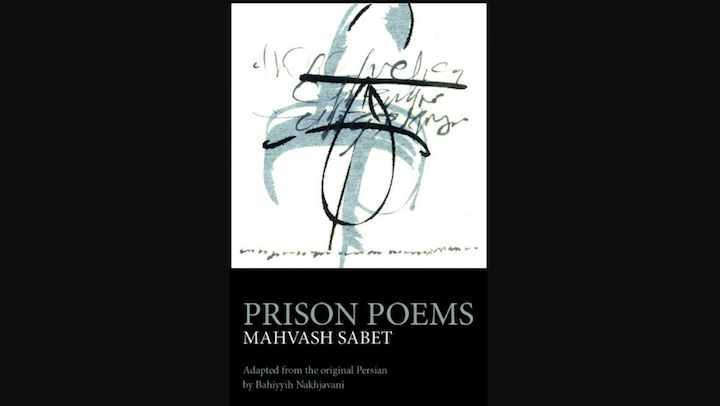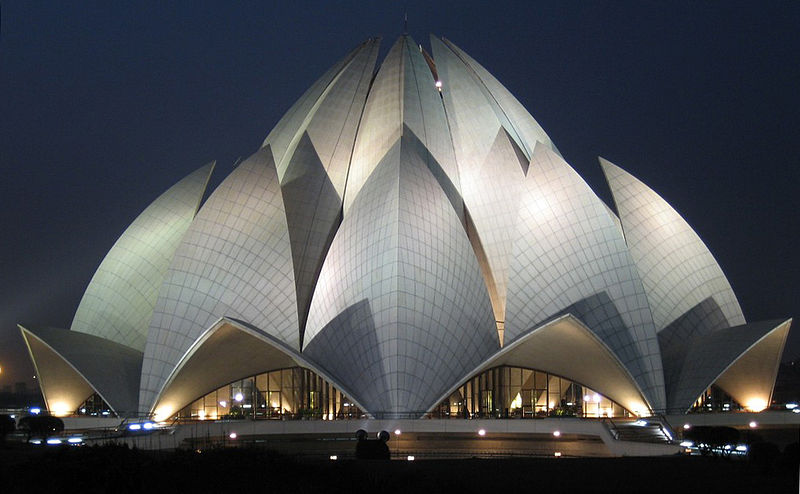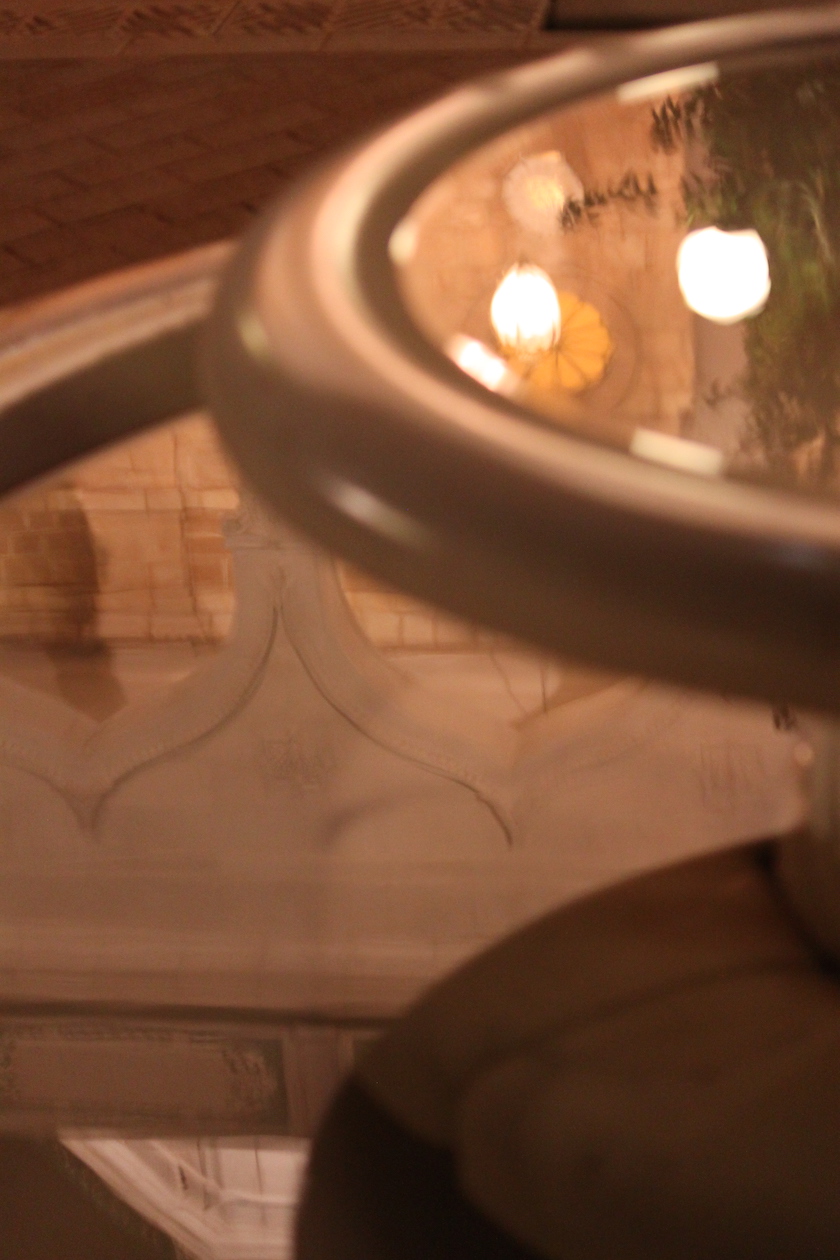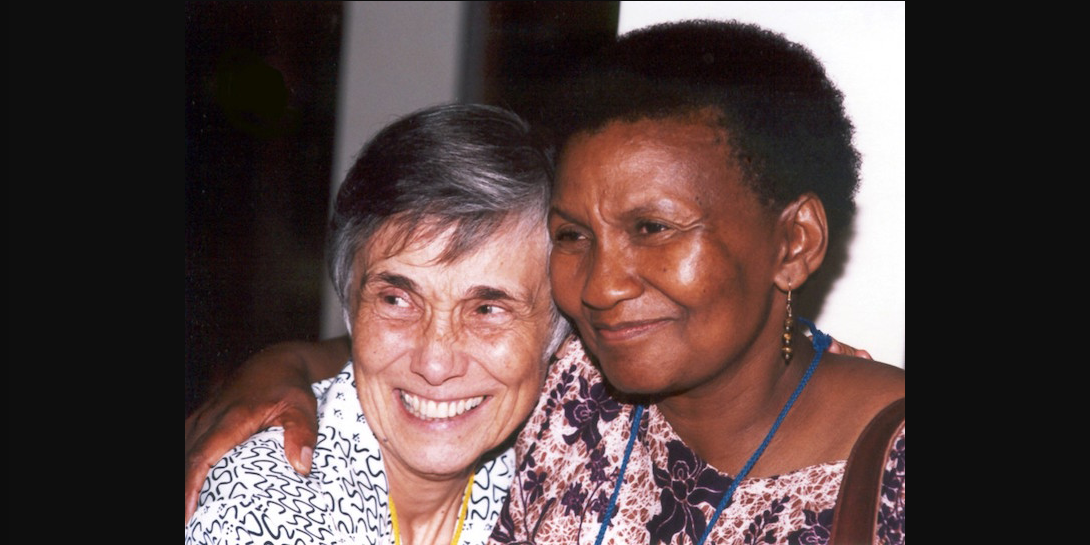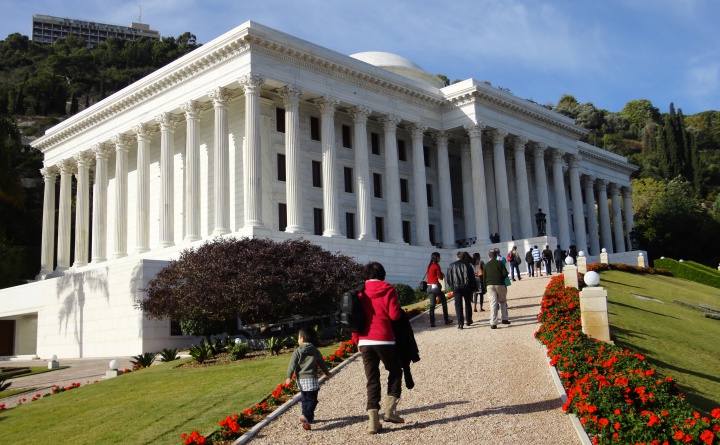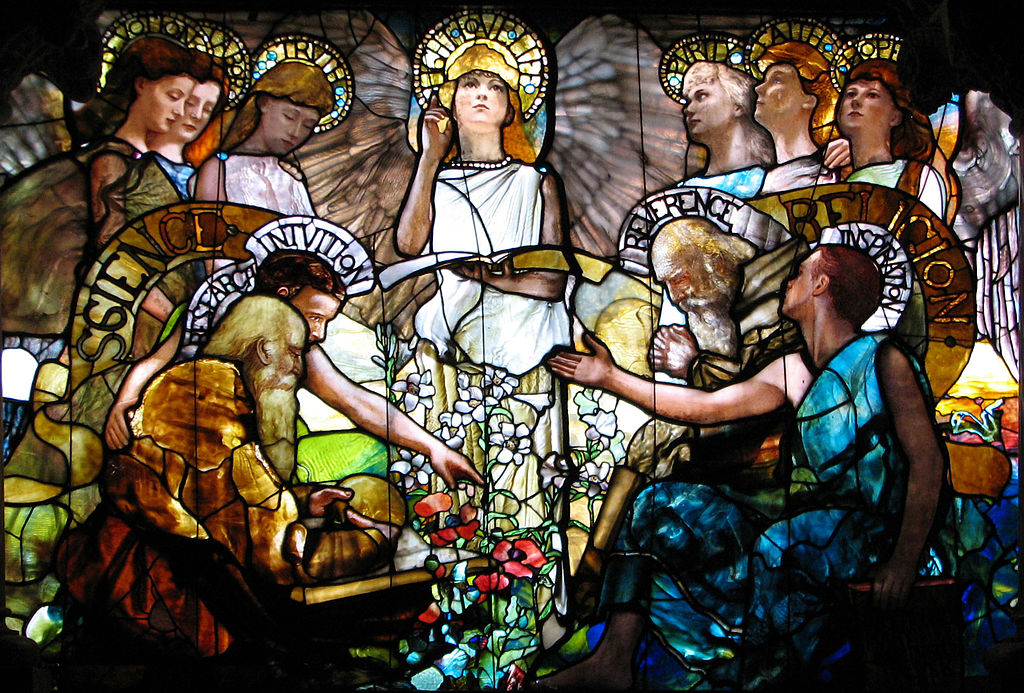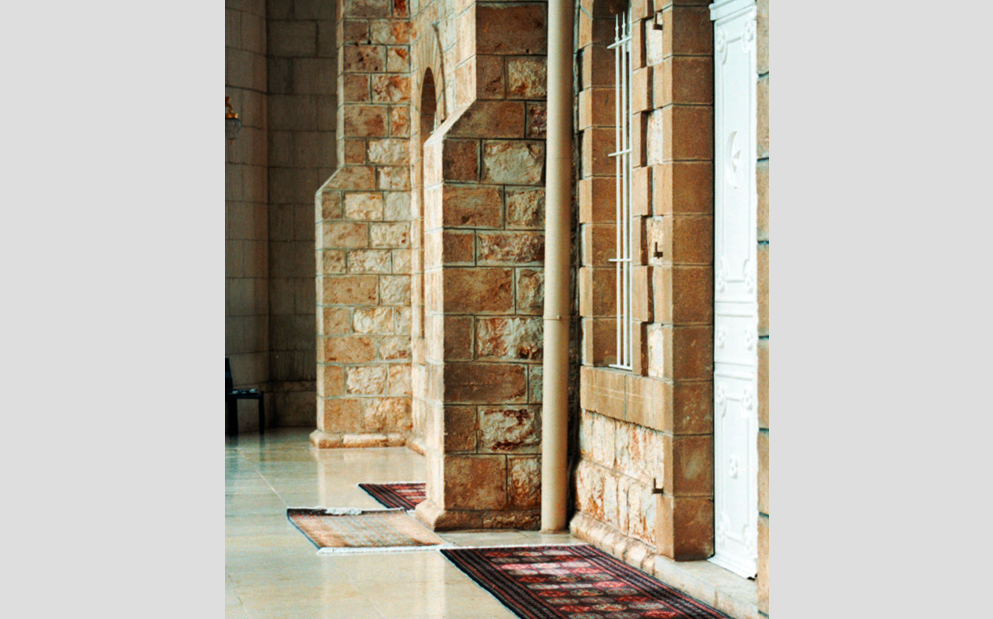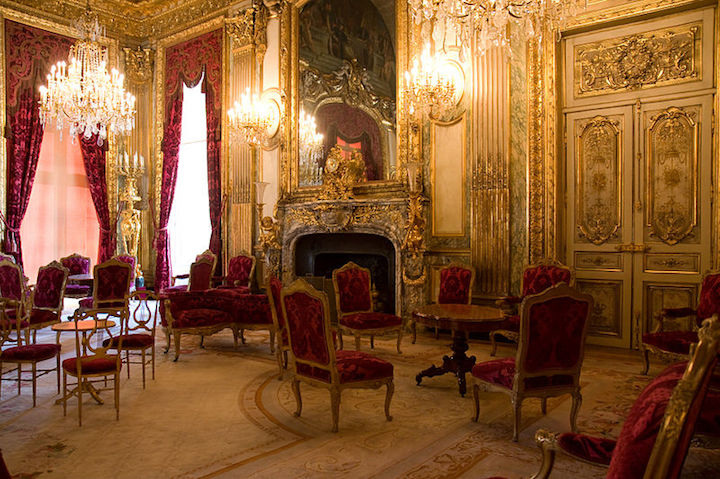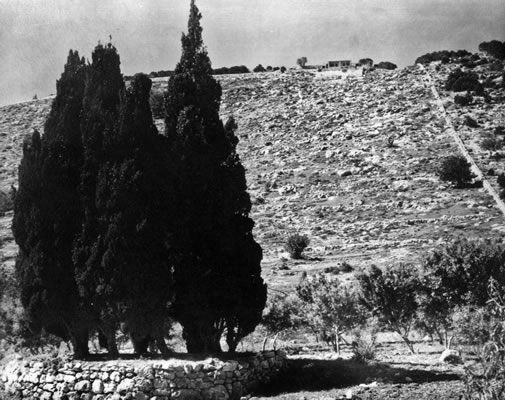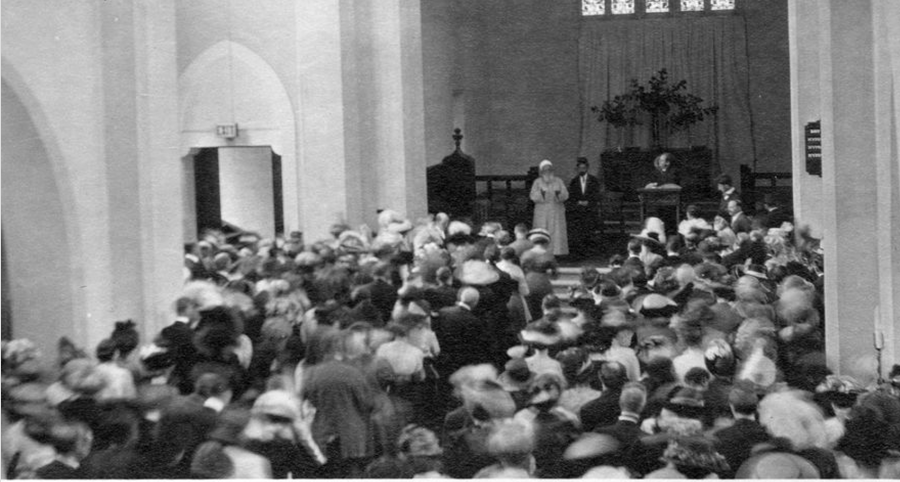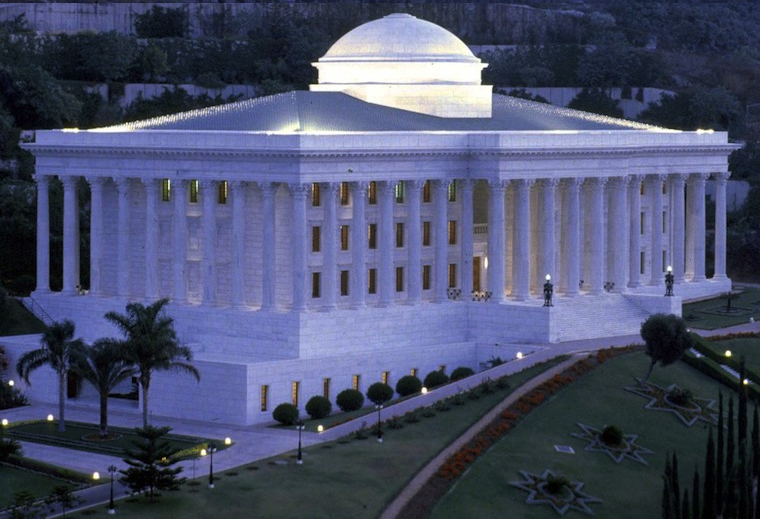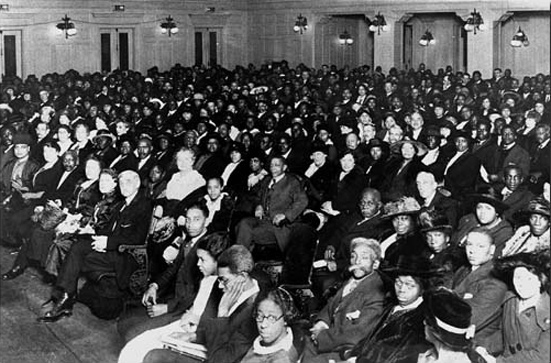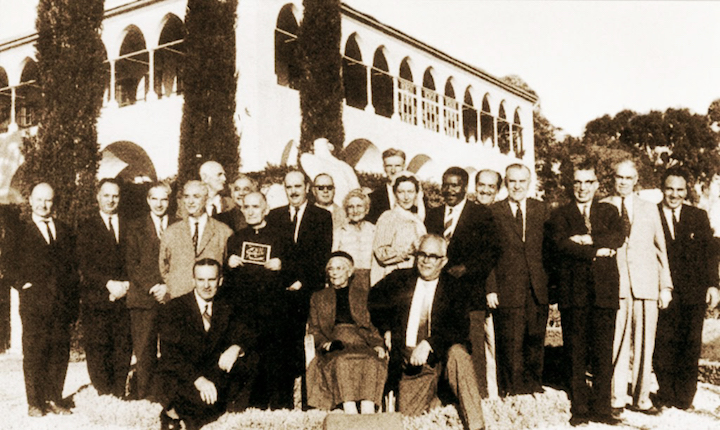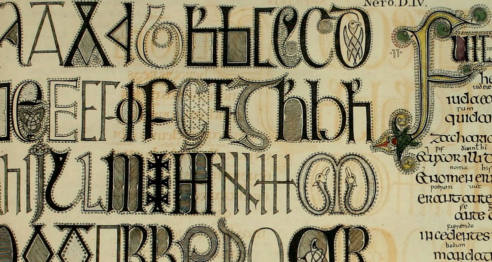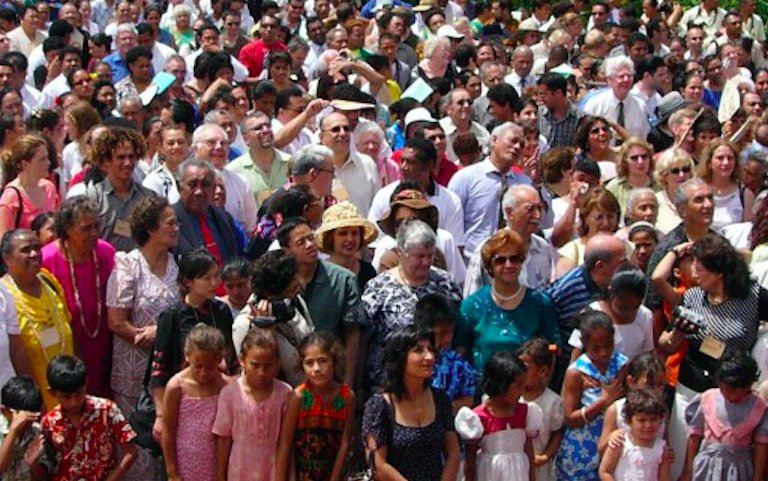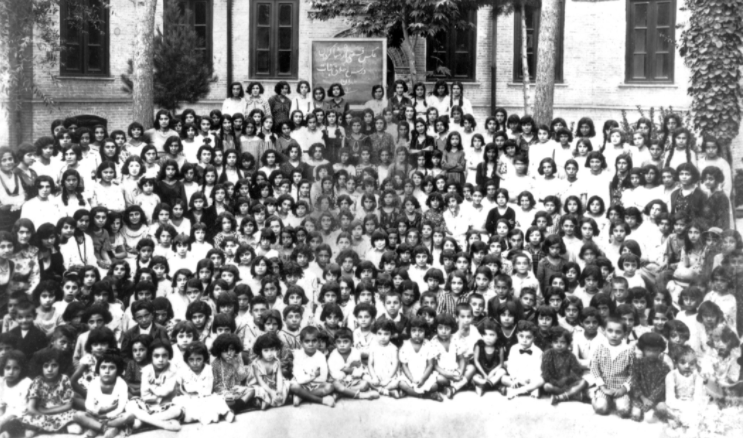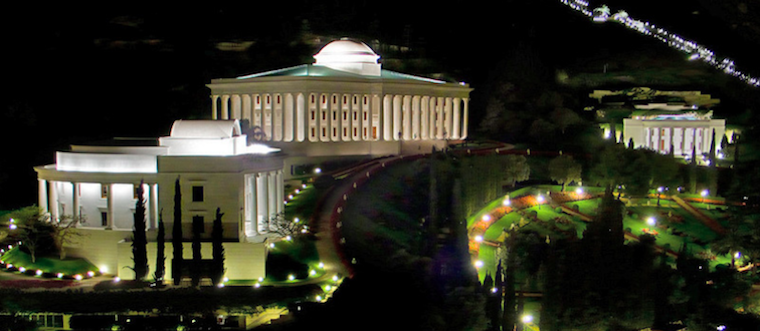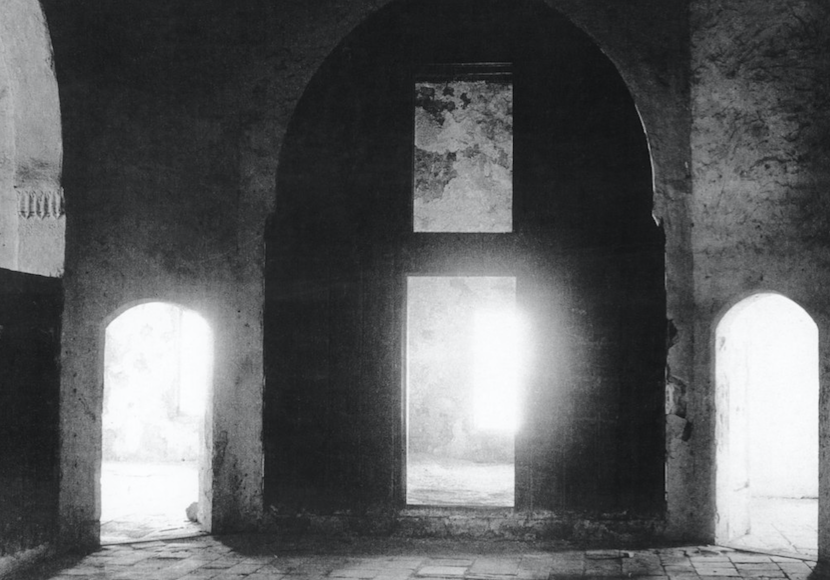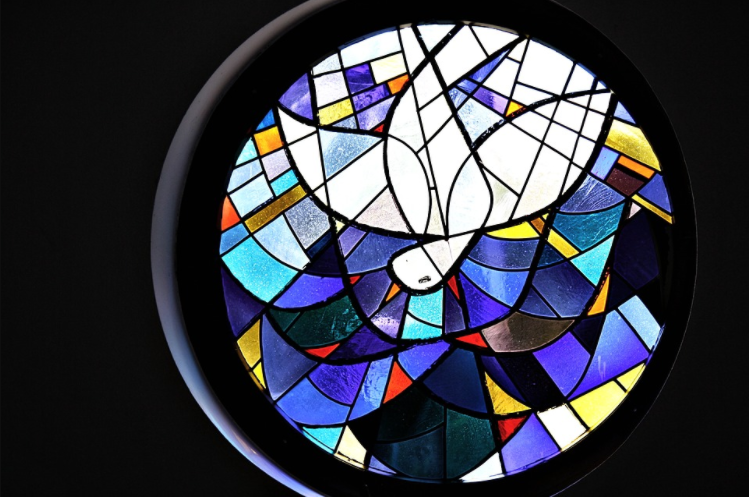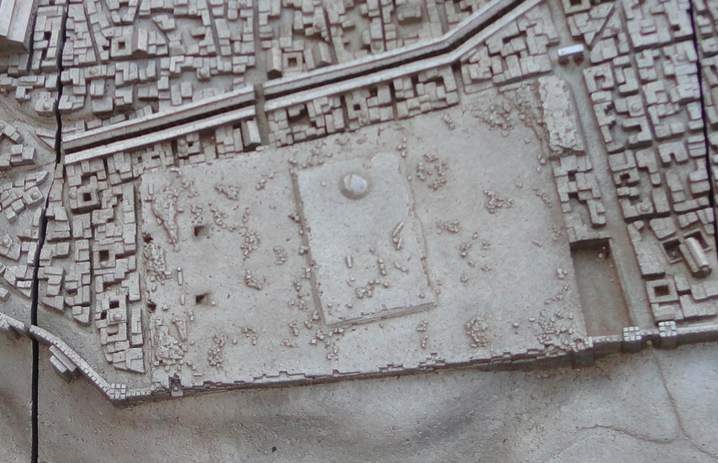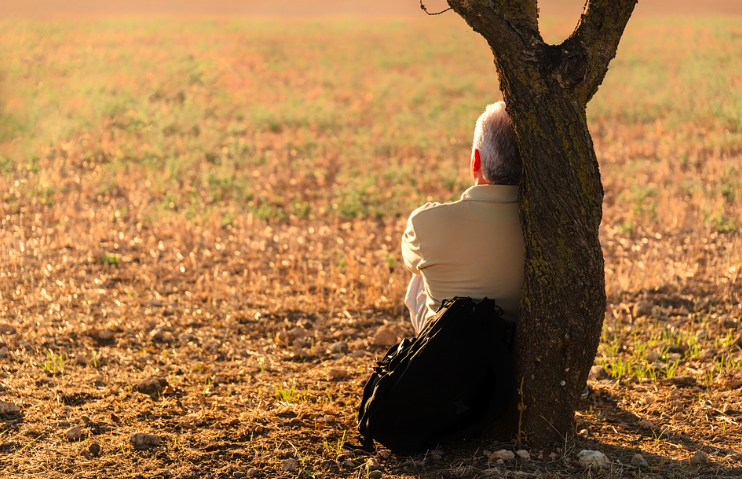-
Higher Learning – Science and Peace
During his journey through North America Abdu’l Baha visited a number of universities. He spoke at Columbia University in New York, Howard University in Washington DC and Stanford University in Palo Alto. Much of my life is associated with universities. So these talks have special meaning at a personal level. Particularly at Columbia and Stanford, Abdu’l Baha’s spoke about science and peace – another implication of harmony of science and religion. At Howard University – at the time a university established to provide educational opportunities for African American students – Abdu’l Baha spoke of oneness of humanity and the importance of love between black and white Americans. At Colombia University, Abdu’l Baha…
-
Mona Mahmudnizhad – Speaking Truth to Power
The specific phrase “speaking truth to power” appears to have entered the collective conscious initially among the Quakers. It is in the title of a 1955 study of international conflict prepared by the Friends Service Committee and the study cites the Quaker tradition as a source of the concept.[1] The idea has more ancient resonances. Prophets have always spoken truth to power. The encounter between Jesus and Pontius Pilate also calls the concept to mind. For this purpose I was born and for this purpose I have come into the world—to bear witness to the truth. Everyone who is of the truth listens to my voice.” Pilate said to him, “What…
-
Balancing Material and Spiritual Civilization
“No matter how far the material world advances, it cannot establish the happiness of mankind. Only when material and spiritual civilization are linked and coordinated will happiness be assured. “[1] With these words Abdu’l Baha introduces another of the great principles of Baha’u’llah’s teachings. In short – that true civilization implies a balanced progress of material and spiritual – with neither predominating. The immediate implication of this balancing of the material and spiritual is in the realm of human activity and human relationships. Then material civilization will not contribute its energies to the forces of evil in destroying the oneness of humanity, for in material civilization good and evil advance…
-
Harmony of Science and Religion — Dispelling Superstition
“Among … principles of Bahá’u’lláh’s teachings was the harmony of science and religion.” With words such as these ‘Abdu’l-Bahá introduces us to another core principle he identifies in Bahá’u’lláh’s teachings and thought. But what does this principle mean and how does it relate to the quite fractious debates that emerge from time to time in society? ‘Abdu’l-Bahá goes further: Religion must stand the analysis of reason. It must agree with scientific fact and proof so that science will sanction religion and religion fortify science. Both are indissolubly welded and joined in reality. If statements and teachings of religion are found to be unreasonable and contrary to science, they are outcomes…
-
‘Abdu’l-Bahá and the Pivot of the Oneness of Humankind
In this series of articles, ‘Abdu’l-Bahá, Bahá’u’lláh’s eldest son, is already a familiar point of reference. We have seen ‘Abdu’l-Bahá in action in his journeys to the West, undertaken in the last decade of his life. During these journeys he promoted principles from his father’s teachings such as the oneness of humanity, the abolition of prejudice, the equality of men and women and the abolition of extremes of wealth and poverty. A description of ‘Abdu’l-Bahá during those journeys gives a sense of who he was: Tirelessly, He expounded the teachings in every social space: in homes and mission halls, churches and synagogues, parks and public squares, railway carriages and ocean liners,…
-
A Tribute to Bahá’u’lláh
This article tells the story of a moment in time. A small event, briefly told, yet one that still echoes through time and space. A few evenings ago the words from that event echoed in song in the Australasian Baha’i House of Worship in Sydney. Here is the story. ‘Abdu’l-Bahá was travelling to the West. In October 1911 he reflected on his arrival in Paris, one of the first Western cities he visited: I regret much that I have kept you waiting this morning, but I have so much to do in a short time for the Cause of the love of God. You will not mind having waited a little…
-
We are One – Overcoming Racism: Part 2
As introduced in yesterday’s article, racism is entirely incompatible with Bahá’u’lláh’s teachings. Close your eyes to racial differences, and welcome all with the light of oneness.[1] As Westerners began to join the Baha’i Faith early in the 1900s, it was clear that racism would need to be addressed, and ‘Abdu’l-Bahá, Bahá’u’lláh’s eldest son, set out to do so. Indeed ‘Abdu’l-Bahá began this work from the earliest visits of Western pilgrims who came to see him in the early 1900s to learn about Bahá’u’lláh’s teachings. In 1911 he invited Louis Gregory, an African American lawyer, to visit him. The pilgrimage not only had a profoundly transformative spiritual impact on Gregory but provided opportunities for ‘Abdu’l-Bahá to stress…
-
We are One – Overcoming Racism: Part 1
While Bahá’u’lláh, a persecuted prisoner of the Ottoman Sultan, was promulgating his universal teachings of the oneness of humanity, wholly different and toxic doctrines were taking hold in Western thought. Racism was emerging as scientific and intellectual orthodoxy and was to reach its horrific nadir in the holocaust of World War II. Europeans held dominance over their fellow human beings as colonial powers – a dominance often misused. A strict racial segregation and hierarchy was the reality of race relations in America. The flowering of European material culture seduced many in the West with the false idea of inherent “white” superiority. Racism is entirely at odds with Bahá’u’lláh’s teachings and the intent and meaning…
-
Bahá’u’lláh’s Writings – An Introduction
At one time We spoke in the language of the lawgiver; at another in that of the truth-seeker and the mystic…. [1] This phrase was written by Bahá’u’lláh almost at the end of his life, in his own summation of his life’s work. If you are new to Bahá’u’lláh’s writings, it might not be obvious where to begin. Indeed, it is likely that where to begin is different for each individual. The aim of this article is to provide a broad description of some of Bahá’u’lláh’s key works which span a forty-year period from the 1850s to the 1890s. Also provided below are some online resources, including ebooks. If you haven’t read Bahá’u’lláh’s writings before, perhaps one…
